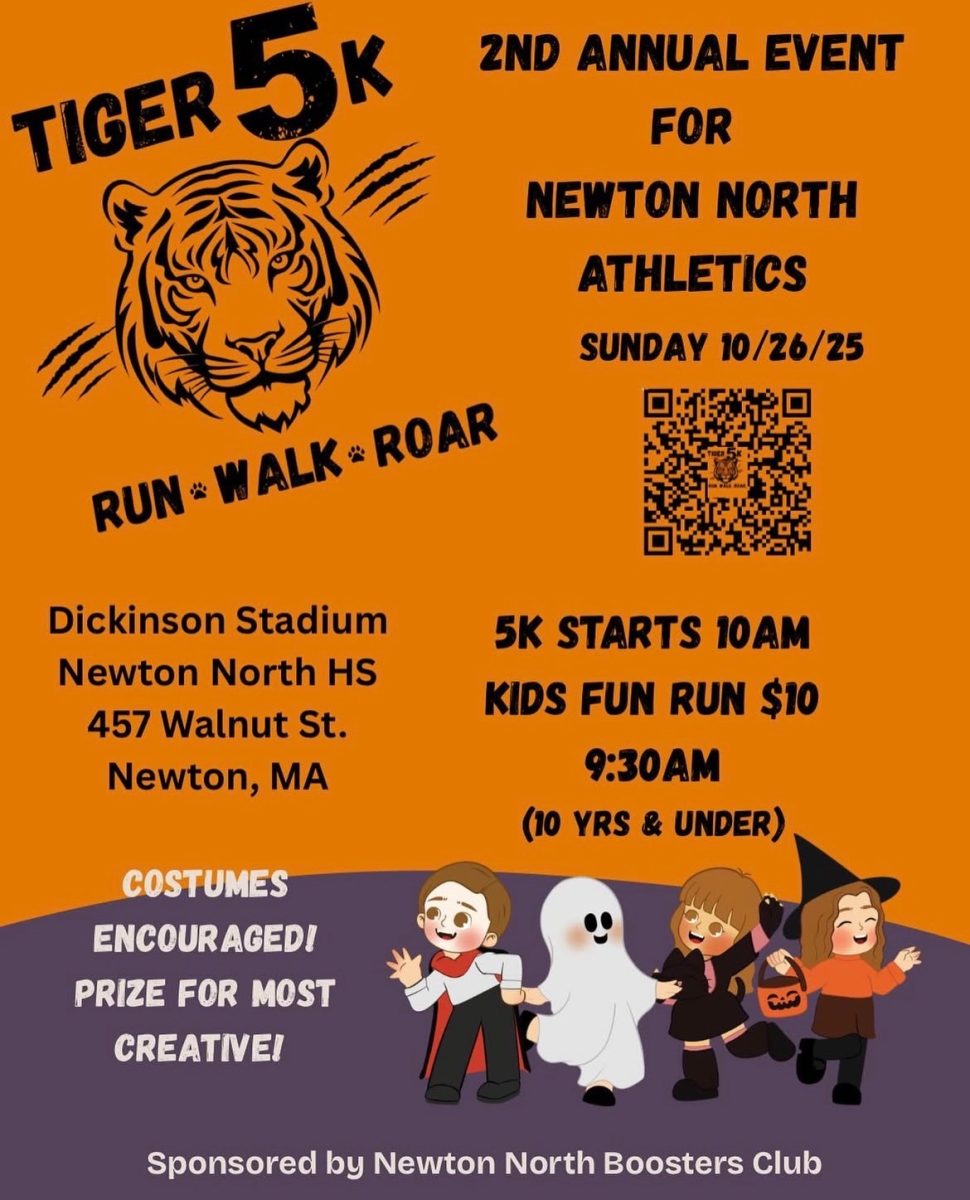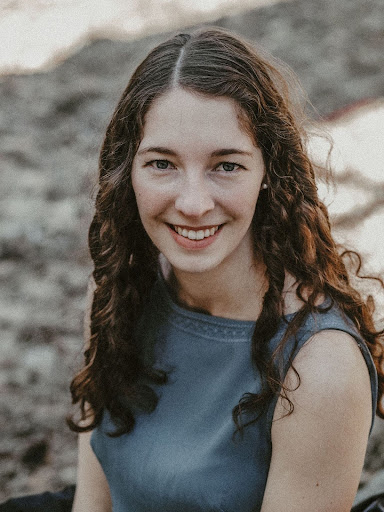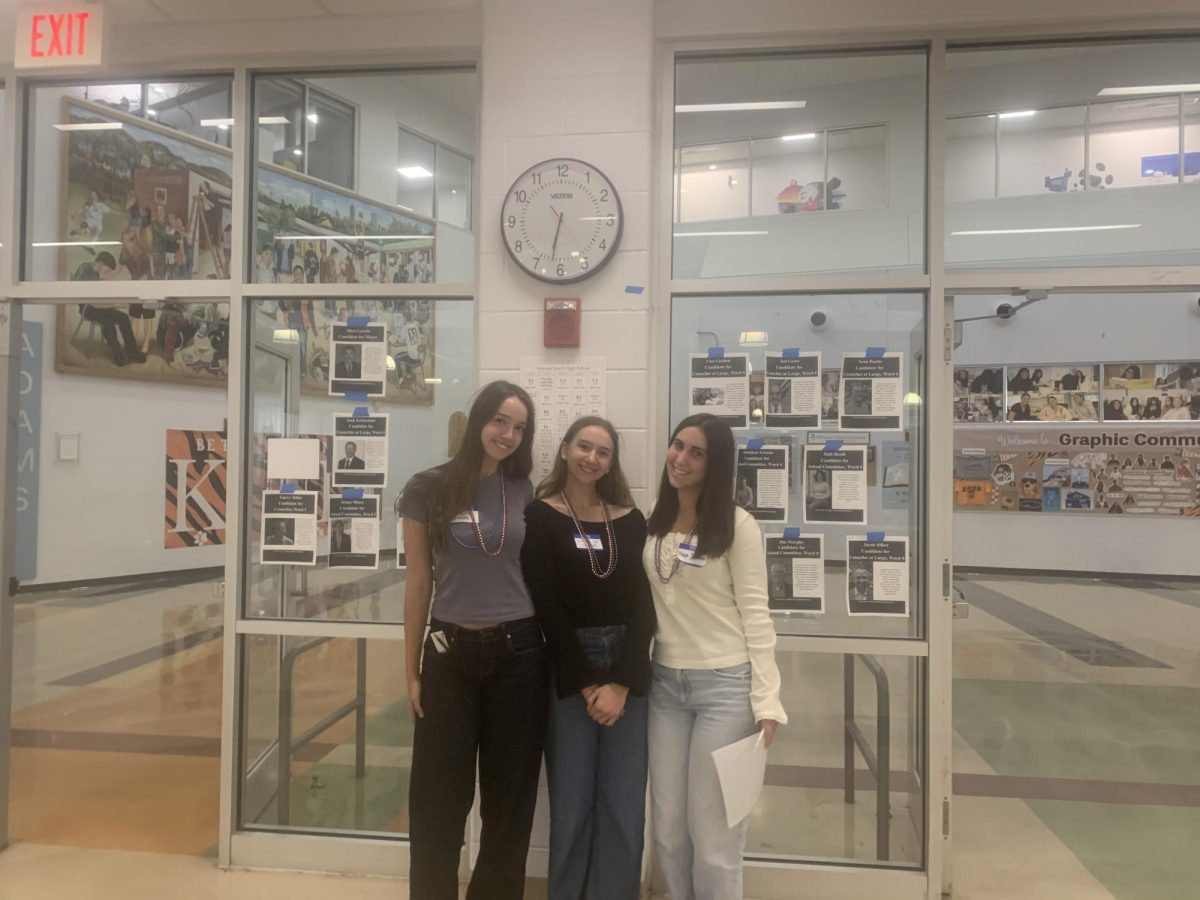 [/media-credit]
[/media-credit]
- Senior Mark Gately plays with Yasmeen Elley, daughter of history teacher Subheen Razzaqui, and Nora Hamel, daugher of science teacher Peter Hamel.
by Hilary Brumberg and Perrin Stein
It is 7:35 a.m., and, as usual, a group of exhausted students is exiting a bus parked outside the theatre entrance. These students shiver in the cold January weather, too tired to speak as they enter the school and begin to migrate down Main Street.
Intermittently, boisterous toddlers wiggle from their parent’s grasp and dash down the hallway, filled with enthusiasm for the day ahead.
Students greet some of these parents, commenting on how adorable their child is and asking about a project or homework assignment.
These parents are teachers at this school, and their children are among the 34 preschoolers that attend Plowshares, a private, non-profit childcare center that partners with the Newton Public Schools.
Through this partnership, this school is able to offer courses in Early Education and Care, and Plowshares offers City employees enrollment preference and locational convenience, according to Plowshares director Jo Carpino.
Currently, 14 of the 34 children in Plowshares have a parent who is a faculty member at this school. A few others have a City employee as a parent, Carpino said.
Teachers’ perspective
Physical education/health and wellness teachers Courtney Albert and Lauren Baugher send their 2-year-old daughter Ashlyn to Plowshares. Students love to see Albert and Baugher with their daughter, and the opportunity the play with Ashlyn might have influenced some to take Early Education and Care, Baugher said.
“I would say Plowshares definitely helps with connecting me more to my students,” she said.
Although there are some disadvantages to Plowshares, such as students swearing in front of Ashlyn, in general, high school students are great role models, Baugher said.
History teacher Subheen Razzaqui sees high school students much the same way Baugher does. “I was initially concerned, but when I saw how much the high school students do for the kids, I feel that it is a great combo,” she said.
In addition, Razzaqui said she enjoys seeing her 2-year-old daughter Yasmeen playing outside during recess or during the annual Plowshares Halloween walk around the school.
Science teacher Peter Hamel, who has sent his 3-year-old daughter to Plowshares since September, said he finds the benefits of sending Nora to Plowshares outweigh the disadvantages.
The preschool allows “my students to see what’s important to me, and when I come in looking exhausted because Nora woke me up in the middle of the night, they’re a little more understanding,” he said.
Spanish teacher Ana Tellado sent her oldest daughter Catia, who is 6-years-old, to Plowshares until two years ago. She loved having her daughter in the building because it reduced separation anxiety, which was a factor for her first child. Sometimes during lunch, Tellado would go down to Plowshares and look in the window to check on Catia, she said.
Benefits for faculty
Plowshares director Carpino said that in addition to the advantages detailed by Baugher, Hamel and Tellado, there are benefits in enrolling faculty’s children in the program. Consistent with the agreement formed in 1976, which was when Plowshares started its partnership with the NPS, City employees are given priority spacing in enrollment based on availability, she said.
All the Plowshares locations accommodate faculty members’ unique schedules. Plowshares’ normal hours are from 9 a.m. to 3 p.m or 8 a.m. to 4 p.m., but faculty members are given the option to shift the block to 7:30 a.m. to 3:30 p.m. to work around the school day.
Plowshares also cares for teachers’ children for an additional half hour on Tuesdays, when the teachers have faculty meetings, according to Carpino.
Another benefit for teachers is that there is an option to enroll their children in Plowshares for the 10-month academic school year, as opposed to the full year. It gives faculty the flexibility of taking the summer off and still having their space when they return in the fall, she said.
Many faculty members who have or had children in Plowshares are given the opportunity to come in and teach a lesson. Foreign language teachers read stories in the languages they teach, science teachers conduct basic experiments and art teachers lead projects. Carpino said this fosters a relationshipbetween students, teachers and children.
Confidentiality
Early Education and Care instructor Michelle Ramsdell said that students often find it funny caring for the children of their teachers in the Early Education and Care courses.
Upon entering the classes, many students exclaim, “Oh my gosh, is that so and so’s child? It looks just like him!” Ramsdell said.
Although she acknowledges that spending time with a teacher’s child creates a unique bond between a student and that teacher, Ramsdell encourages students not to talk about their experiences in Early Education and Care outside of class.
She encourages confidentiality to ensure that students do not accidentally misinform teachers, which can happen when students do not have the whole picture, Ramsdell said.
For example, if a child acts poorly during the block a student has childhood development, the student might tell the parent that the child is having a bad day.
However, the student only saw a small part of the day and does not have a point of comparison, so what may seem like bad behavior could be part of a normal day.
When students refrain from talking about Early Education and Care outside of class, no misinformation is shared and the parents will not become alarmed unnecessarily, Ramsdell said.
She also tell students not to let experiences with teachers influence how the students treat teachers’ children.
The rules detailed by Ramsdell help keep the interactions between students, children and teachers positive, she said.
Student’s perspective
Senior Mark Gately is an Early Education and Care major and works at Plowshares after school.
Because Gately spends so much time working at Plowshares, he has come to know most of the children there. “I have a personal and sacred relationship with each and every one of them,” he said.
When working with the children of his teachers, Gately said he has gained a new perspective on his teachers.
“When you are in class with teachers, you forget that some are parents, and not only do they have to deal with rowdy high school kids, but they also have to deal with their little children,” he said.
“I now know that even though some teachers may seem strict or difficult, they will always have a soft side because they need to care for their little, vulnerable children.”










































